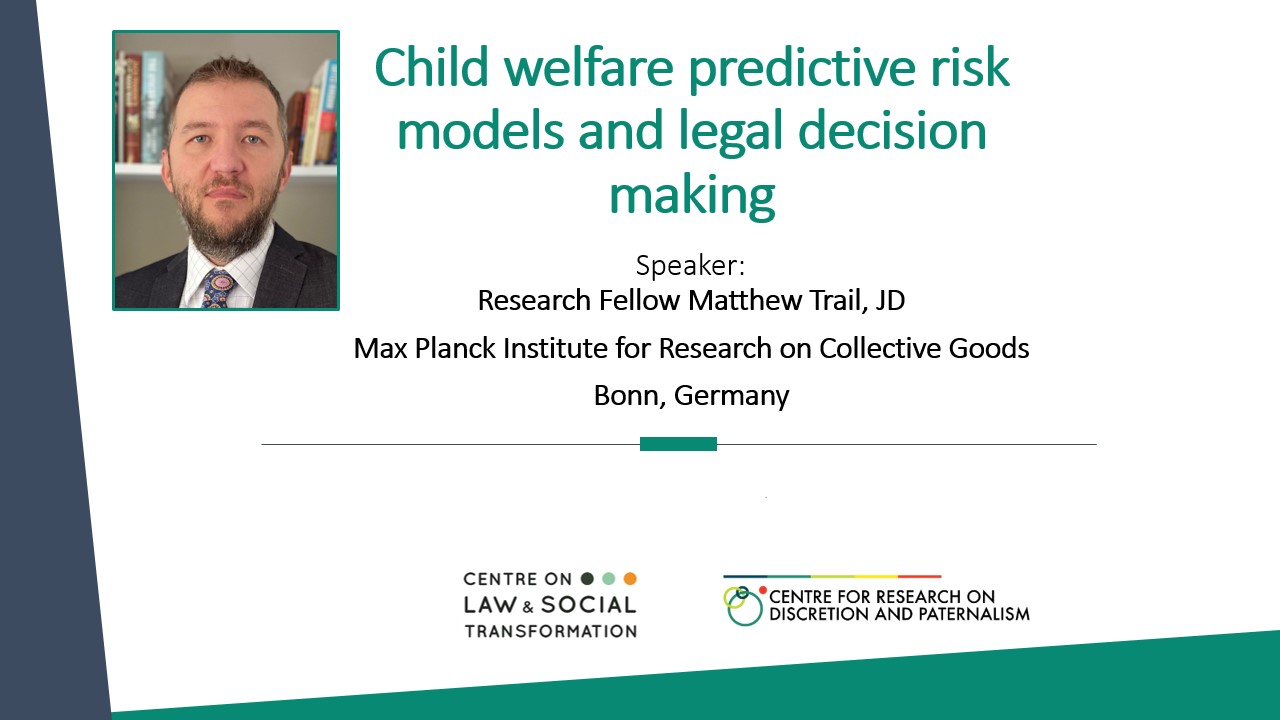Child welfare agencies around the world have experimented with algorithmic predictive modeling as a method to assist in decision-making regarding foster child risk, removal, and placement. These models have attracted a great deal of controversy about the methods used to create them and the biases inherent in the data they have drawn from, however, proponents see them as a tool for improving decision-making and ultimately the safety of children at risk. Thus far, all of the predictive models have been confined to the employees of the various child welfare agencies at the early removal stages and none have been used by attorneys in legal arguments or by judges in approving or denying removal decisions. Predictive models are regularly used in other courtroom settings and have been studied for how they affect decision-making in general. This is the first study to examine the effects of a child welfare predictive risk model on child welfare attorney and judge legal decision-making. Using vignettes based on actual disputed removal cases with the inclusion of a low, medium, or high child welfare predictive risk score, attorney and judge legal decision-making can be changed by the inclusion of a predictive model risk score in ways that are important for the legal community to understand prior to the widespread use of any of these models in the courtroom.
About the speaker
Matthew Trail, JD worked for fifteen years as an attorney ad litem representing children in foster care, with a focus on representing children with disabilities and mental health issues from trauma. He began his career at a legal aid office in Florida and then moved to Houston where he eventually became managing attorney for Disability Rights Texas’ foster team. In 2020, Matthew joined the Max Planck Institute for Research on Collective Goods Behavioral Law section as a research fellow where he researches decision-making in foster care.
How to participate: This will be a fully digital webinar, so please join us on Zoom: https://uib.zoom.us/j/64627342832?pwd=j6ilRvHfnDIHE7whkYpRxnXmM8pJxa.1
Meeting ID: 646 2734 2832 Password: P59BHsL2
If the Zoom application is new to you, we recommend that you press the link well before the events to download the program. You may leave and rejoin the meeting at any time.


